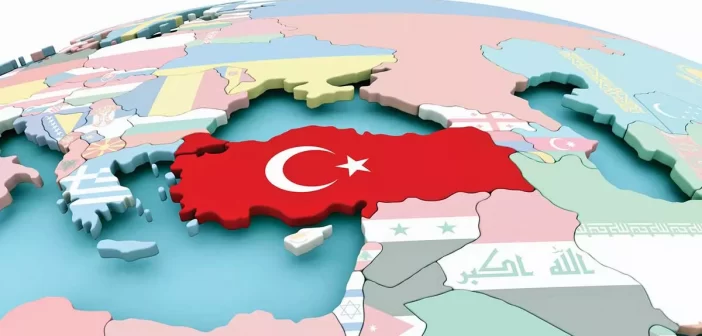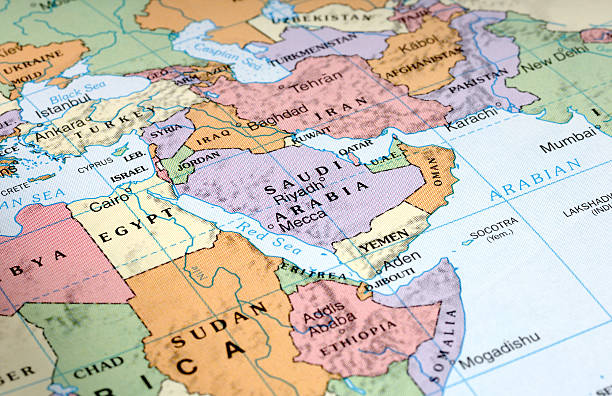
08.07.2022
Assesement of Key Findings
- This survey shows that Turkish citizens generally hold differing perceptions about global governance depending on the issue areas. The duality and the polarization observed in every sphere of Turkish politics is also reflected in the findings of the survey. The overall assessment of the survey also confirms recent trends in the fora of global governance such as the rise of nationalism and protectionism against the demise of internationalism and globalism and liberals-nativist divide. On the other hand, this survey reveals that almost halt of respondents (45,9%) consider 10 activities are important for Turkish foreign policy while only 11% find them unimportant and 35,5 % prioritize bilateralism over multilateralism. in a similar vein, 36,5% of respondents suggest that IOs must occupy a larger place in Turkish foreign policy. This finding clearly shows that despite their reservations, Turks stili give credibility to international organizations, particularly in specific policy areas such as human rights, economics-trade, democracy-rule of law, humanitarian assistance, refugees and climate change. This result indicates that Turks display a higher preference for multilateral institutions with a high level of approval to their activities in human rights-democracy related areas.
- The opinions reflected in this survey also justify the recent trends in Turkish foreign policy, including the rise of nativism, nationalism, the pre-eminence of skepticism against the West and Western institutions and the increasing practices of autonomy in foreign policy. The survey findings allow us to understand the state elite-mass opinion linkage in the Turkish case. Today Turkish public opinion is very receptive to the messages coming from the ruling class as a result of the existence of a less competitive and pluralist information space. in competitive democracies, citizens receive competing messages from different opinion leaders creating a less susceptible environment for elite manipulation. The ubiquity of the premise used by Turkey’s political elites that Turkey faces foes on many fronts as security threats proliferate in its surrounding and that Turkey should reaffirm its new identity through building alliances on cultural and religious grounds, can further justify this apparent rise of conservative nationalism in Turkey.









